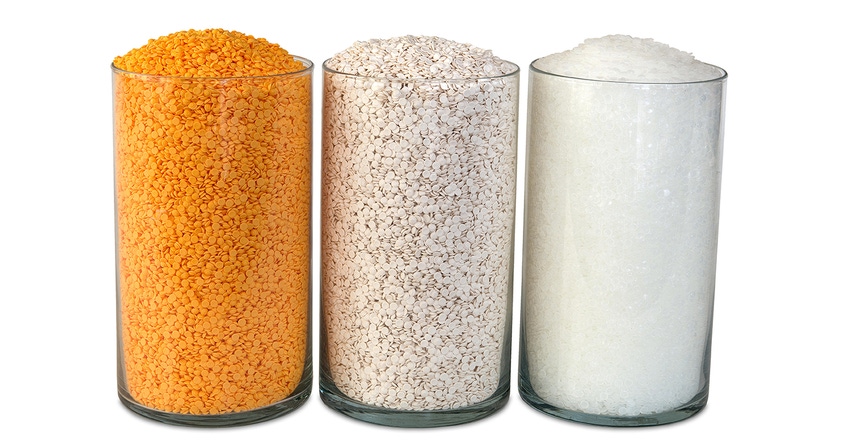TotalEnergies announces the construction of a new production line for high-performance recycled polypropylene in France.
November 28, 2022

Since 2016, TotalEnergies’ Carling–Saint-Avold petrochemical platform in France has been producing value-added compounds primarily intended for the automotive industry. The startup of a new line dedicated to hybrid compounds will consolidate the platform’s position as a leading polymers site in Europe.
With commissioning scheduled for 2024, the flexible line will produce 15,000 tonnes/year of polypropylene (PP) compounds containing up to 100% recycled plastic materials. Part of TotalEnergies’ recently launched RE:clic portfolio, and more precisely the RE:use polymers range obtained through a mechanical recycling process, these low-carbon materials meet the quality standards and technical requirements for automotive applications. Recycling both post-consumer waste and end-of-life automotive parts, the line will contribute to creating a circular economy in Europe.
"After doubling capacity at Synova, a subsidiary of TotalEnergies and the French leader in the production of recycled polypropylene, this investment further strengthens the company’s leading position in high-value-added recycled polymers. This new line will allow us to meet the growing demand from the automotive market for more efficient and sustainable polymers, in line with our ambition of producing 30% circular polymers by 2030,” said Nathalie Brunelle, Senior Vice President, Polymers, at TotalEnergies.
TotalEnergies’ RE:clic product range also includes:
RE:build polymers, which are produced through an advanced [chemical] recycling process that converts hard-to-recycle plastic waste into circular feedstock. The recycled content of the resulting polymers is tracked throughout the production process via ISCC PLUS certification. These polymers exhibit identical properties to virgin polymers and are suitable for high-end, demanding applications, including food-contact packaging.
RE:newable polymers, which are derived from bio-based products. Produced from renewable feedstocks certified under ISCC PLUS, these polymers substantially reduce the carbon footprint of finished products and retain virgin-like properties.
About the Author(s)
You May Also Like




